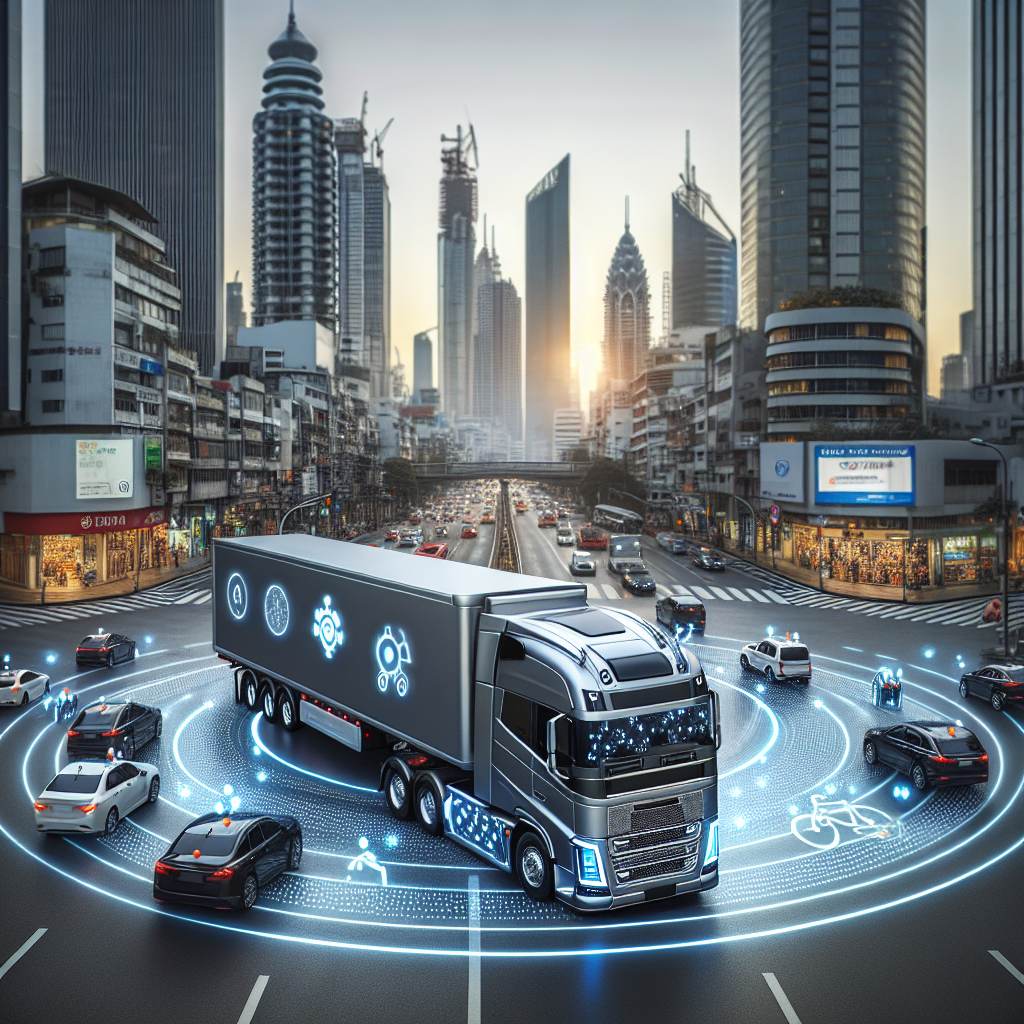
The logistics and transportation industry is on the brink of a revolutionary transformation, with the latest advances in autonomous trucking technology taking center stage. Recently, in Houston, a significant milestone was achieved when a company named Bot Auto successfully demonstrated autonomous AI trucking capabilities. This achievement marks a turning point for the technology that has been long anticipated but remained in a state of ‘two years away’ for a considerable time.
While the successful demonstration is a promising step forward, it is essential to understand that this is not the end of the journey for autonomous trucking. Regulatory hurdles remain a major concern, as safety agencies are unlikely to approve fleets of driverless trucks on public highways without ample supporting data. They will require extensive performance metrics collected across various conditions and routes to ensure safety and reliability. Logistics operators also face their own challenges, weighing the enticing cost savings against the risks associated with entrusting millions of dollars’ worth of freight to unmanned vehicles.
The Houston breakthrough signals more than just a successful run; it emphasizes the potential of AI-assisted freight operations in a real-world environment. If Bot Auto and other competitors can replicate these results consistently, logistics companies may begin considering operational integrations with autonomous trucks that could drastically reshape their businesses. This would not translate into immediate coast-to-coast automation but could lead to trial deployments along specific freight routes, particularly in regions where the weather is predictable, and regulatory conversations are already in progress.
As the methodology of implementing autonomous trucking systems evolves, the ramifications extend far beyond mere transportation. The integration of AI-operated freight vehicles is anticipated to influence multiple facets of the industry, including insurance policies that will need to adapt to the different risk profiles of automated trucks. Additionally, highway planning could see alterations as infrastructure evolves to accommodate autonomous vehicles, ensuring their seamless integration into the existing logistics framework.
This technological leap is monumental not just for Houston but for the entire freight industry. The ripple effects could reshape not only shipping rates but also truck design philosophies as companies rethink how to create vehicles optimized for an AI-driven future. The potential for increased efficiency and closer route planning could reshape the competitive landscape, pushing manual driving operations towards automation in pursuit of cost-effectiveness and safety.
For business leaders and investors, keeping an eye on developments in autonomous trucking should be a priority. The implications of broader acceptance and deployment of this technology offer significant commercial upside. Companies in the logistics sector should begin preparations for balancing traditional transportation methods alongside emerging AI technologies to remain competitive in a transforming marketplace.
In conclusion, the successful autonomous run in Houston has opened doors to a new era in trucking and logistics. While the journey ahead is still fraught with challenges, both regulatory and operational, the progress made by Bot Auto signifies a breakthrough that may change the perception of what autonomous trucking can achieve. As the industry witnesses these technological advancements, engagement with the transformative aspects of logistics management and freight operations will become critical for those looking to harness the benefits of innovation in transportation.

Leave a Reply